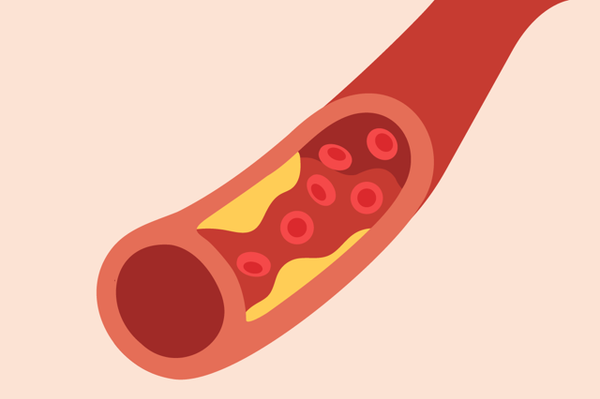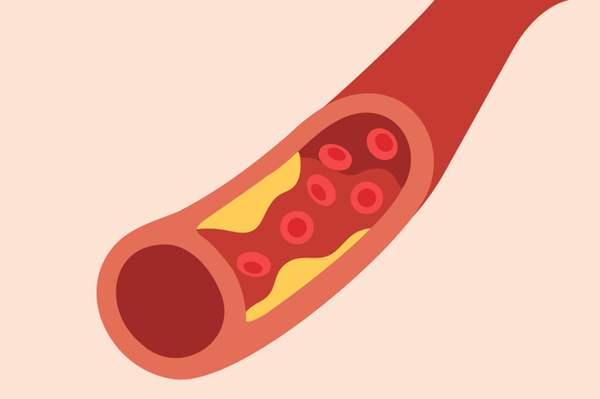If you have atrial fibrillation, or AFib, and your health care provider prescribed a blood-thinning medication for you, here are some frequently asked questions that may help you better understand how they work and some risks.
How does blood-thinning medication reduce the risk of stroke?
Even though they are called "blood thinners," they don't actually thin the blood. Instead, they are more accurately called anticoagulants because they help prevent your blood from coagulating, or clotting, to form blood clots. If a blood clot forms in your heart, it could dislodge and travel to your brain. There, it might block blood flow, causing a stroke. Blood-thinning medications interfere with different substances necessary to complete the process of blood clotting, therefore lowering your risk of stroke.
How does blood-thinning medication increase bleeding risk?
Forming blood clots is your body's way of stopping bleeding, but anticoagulants can prevent this normal response. Clots, like a drain plug, physically obstruct the flow of blood at the site of bleeding. One potential risk from anticoagulants is that you may continue bleeding, even when your body requires a clot.
What happens if I begin bleeding?
Call your doctor right away or seek immediate medical care if you have any signs or symptoms of bleeding.
In emergency situations—extensive bleeding can be life threatening—the use of a reversal agent may be necessary.
In a hospital setting, a health care provider administers reversal agents. Reversal agents work during an emergency to reverse the blood-thinning effect of blood-thinning medications. Ask your health care provider about available reversal treatment options.
What happens if my health care provider uses a reversal agent?
Using a reversal agent reverses the effect of blood-thinning medications, increasing the serious risk of stroke and blood clots. To reduce that risk, your health care provider will restart you on a blood thinner as soon as possible after the emergency.
What other steps can I take to help me be safer while taking blood-thinning medication?
While you are taking blood-thinning medication, a few simple lifestyle changes can help reduce your risk of injury and bleeding. These include the following:
- Shave with an electric razor rather than a blade.
- Wear cut-resistant gloves when working with knives.
- Avoid activities that come with a high risk of falling, such as contact sports or climbing ladders.
- Wear a helmet if there is any chance you could hit your head during activities, such as bike riding (of course, everyone should wear a helmet when bike riding).
- Be careful when using sharp objects, such as scissors, knives or power tools.
- Use a soft-bristle toothbrush and floss with waxed floss.
- Keep plenty of bandages and first aid supplies on hand.
- Call your doctor right away if you have signs or symptoms of bleeding.
This resource was created with the support of Boehringer Ingelheim Pharmaceuticals, Inc.







